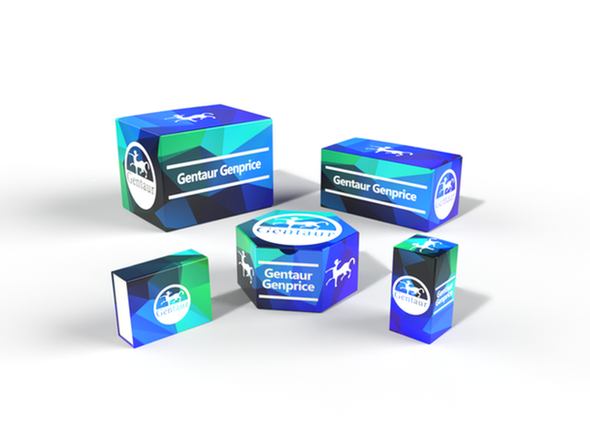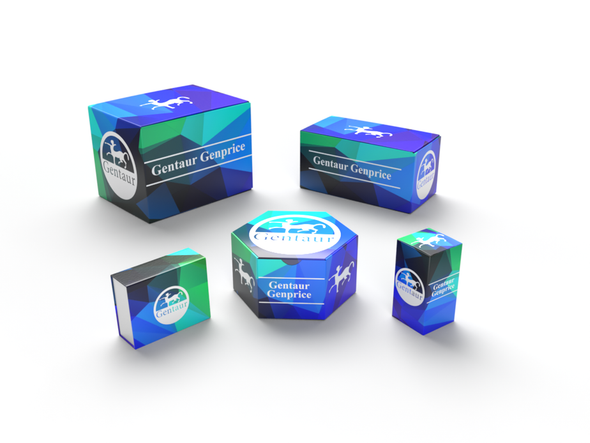740
Mouse Pentraxin-related protein PTX3 (PTX3) ELISA Kit | AE25010MO
- SKU:
- 740-AE25010MO
- Availability:
- Usually ships in 5 working days
Description
Mouse Pentraxin-related protein PTX3 (PTX3) ELISA Kit | AE25010MO | Gentaur UK, US & Europe Distribution
Species Reactivity: Mouse (Mus musculus)
Abbreviation: PTX3
Alternative Name: TNFAIP5; TSG-14; pentaxin-related gene; rapidly induced by IL-1 beta; tumor necrosis factor; alpha-induced protein 5|pentaxin-related protein PTX3|pentraxin 3|pentraxin-3|tumor necrosis factor; alph
Application: ELISA
Range: 0.313-20 ng/mL
Sensitivity: 0.210 ng/mL
Intra-Assay: ≤5.4%
Inter-Assay: ≤6.9%
Recovery: 0, 87
Sample Type: Serum, Plasma, Other biological fluids
Detection Method: Sandwich
Analysis Method : Quantitive
Test Principale: This assay employs a two-site sandwich ELISA to quantitate PTX3 in samples. An antibody specific for PTX3 has been pre-coated onto a microplate. Standards and samples are pipetted into the wells and anyPTX3 present is bound by the immobilized antibody. After removing any unbound substances, a biotin-conjugated antibody specific for PTX3 is added to the wells. After washing, Streptavidin conjugated Horseradish Peroxidase (HRP) is added to the wells. Following a wash to remove any unbound avidin-enzyme reagent, a substrate solution is added to the wells and color develops in proportion to the amount of PTX3 bound in the initial step. The color development is stopped and the intensity of the color is measured.
Product Overview: Pentraxin-related protein PTX3 also known as TNF-inducible gene 14 protein (TSG-14) is a protein that in humans is encoded by the PTX3 gene.Pentraxin 3 (ptx3) is a member of the pentraxin superfamily. This super family characterized by cyclic multimeric structure. PTX3 is rapidly produced and released by several cell types, in particular by mononuclear phagocytes, dendritic cells (DCs), fibroblasts and endothelial cells in response to primary inflammatory signals [e.g., toll-like receptor (TLR) engagement, TNFα, IL-1β]. PTX3 binds with high affinity to the complement component C1q, the extracellular matrix component TNFα induced protein 6 (TNFAIP6; also called TNF-stimulated gene 6, TSG-6) and selected microorganisms, including Aspergillus fumigatus and Pseudomonas aeruginosa PTX3 activates the classical pathway of complement activation and facilitates pathogen recognition by macrophages and DCs.
Stability: The stability of ELISA kit is determined by the loss rate of activity. The loss rate of this kit is less than 5% within the expiration date under appropriate storage condition. The loss rate was determined by accelerated thermal degradation test. Keep the kit at 37°C for 4 and 7 days, and compare O.D.values of the kit kept at 37°C with that of at recommended temperature. (referring from China Biological Products Standard, which was calculated by the Arrhenius equation. For ELISA kit, 4 days storage at 37°C can be considered as 6 months at 2 - 8°C, which means 7 days at 37°C equaling 12 months at 2 - 8°C) .






